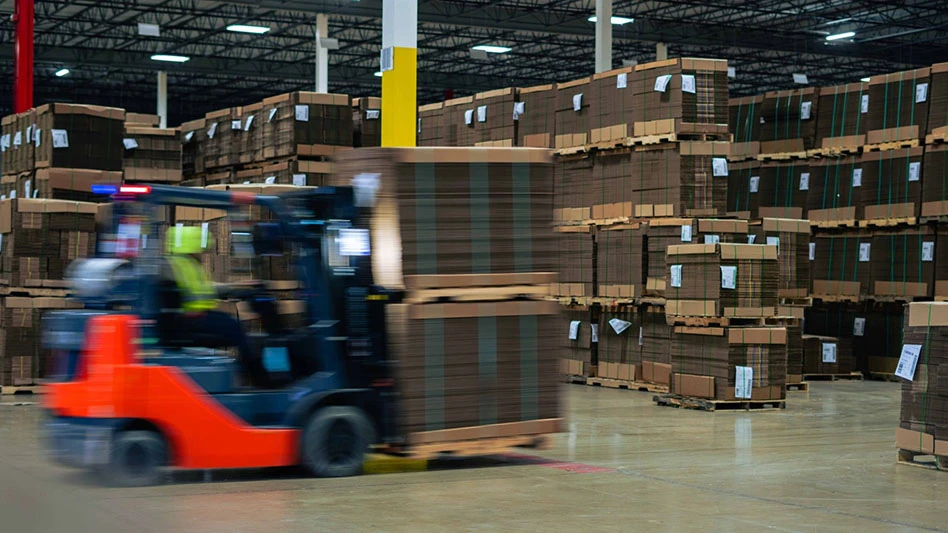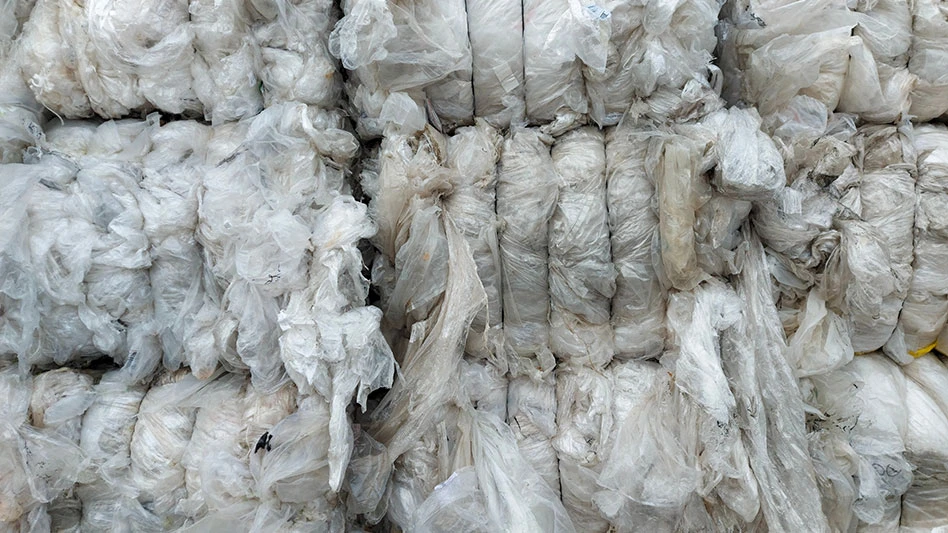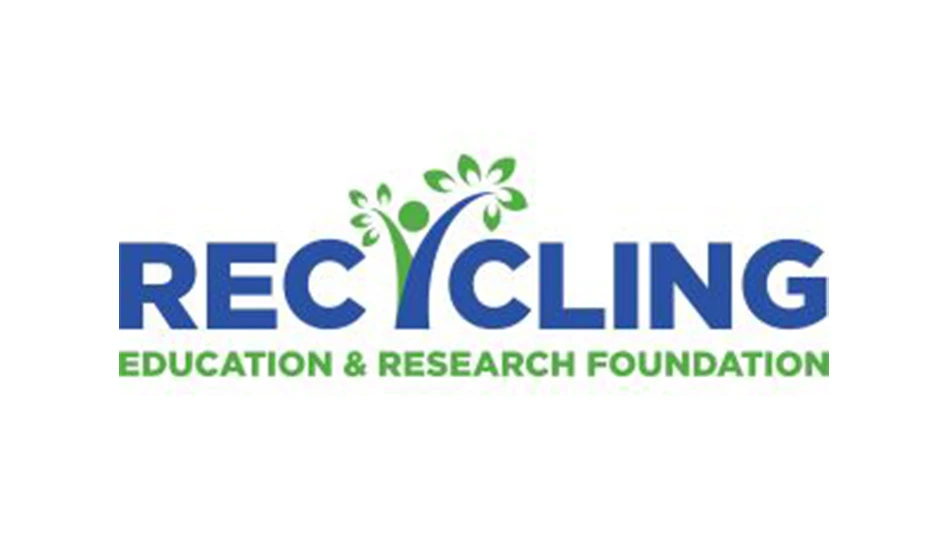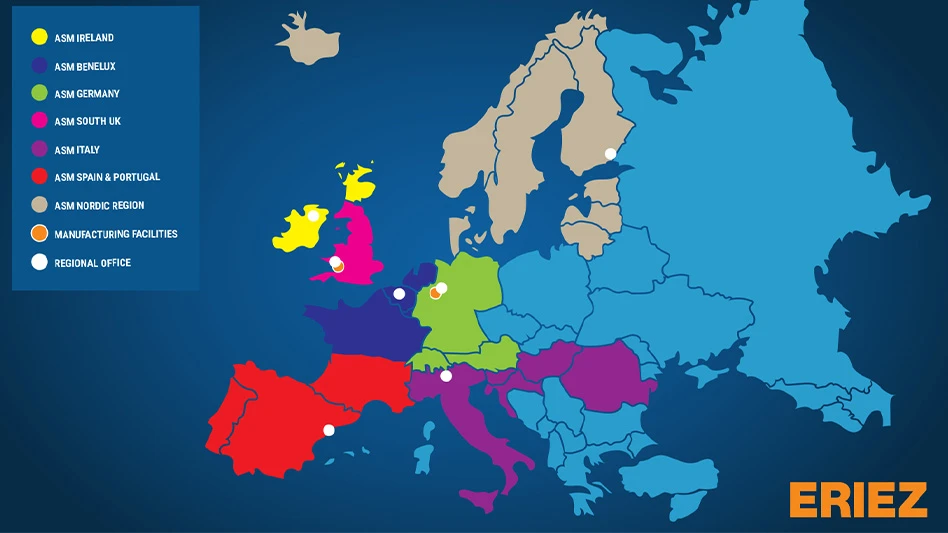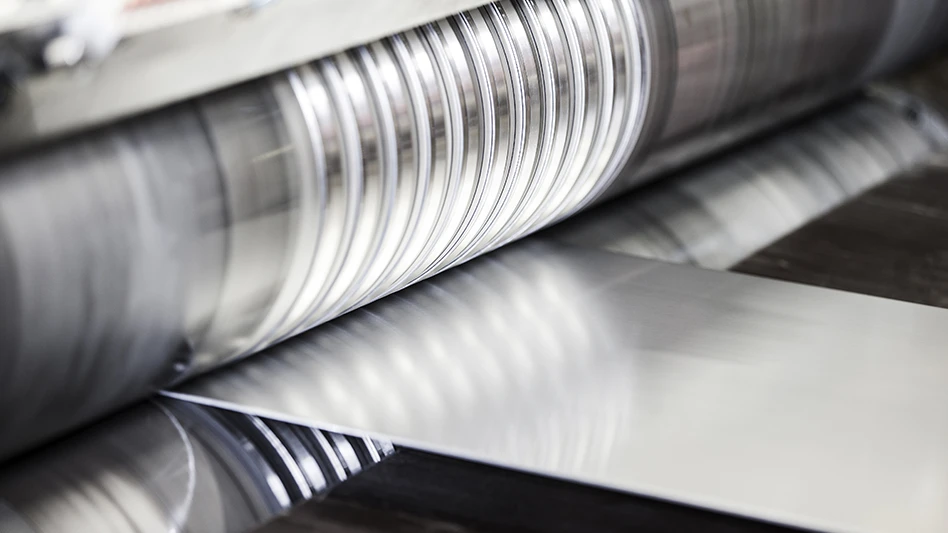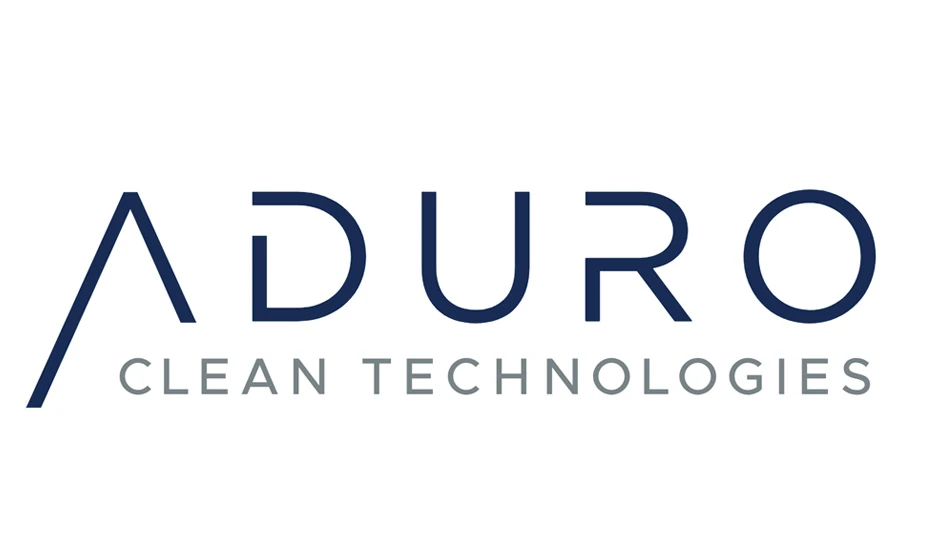
photoguns | stock.adobe.com
The Pet Sustainability Coalition (PSC), a Colorado-based nonprofit committed to helping pet product companies drive their sustainability impact, says it is rallying the industry to remove millions of pounds of plastic generated by pet owners each year. The nonprofit has announced a partnership with plastic action platform rePurpose Global to remove 250,000 pounds of plastic from the environment during the month of July.
According to PSC, the pet industry uses over 300 million pounds of plastic packaging each year, but claims pet owners often are unaware that most packaging is nonrecyclable and up to 99 percent of it ends up in landfills, oceans or nature. Plastic touches nearly every item that owners need to purchase for their pets, PSC says, including supplements, toys, grooming products, single-use poop bags and flexible film food packaging, which complicates the recycling process due to its mixed, layered material makeup.
The U.S. pet food and treat market generated nearly $66 billion in sales in 2024, PSC says, but 97 percent of all dried pet food and treats on the market are packaged in this flexible film food packaging material, which is not curbside recyclable, generating millions of pounds of plastic scrap.
The organization says every pet in the world creates a plastic “paw print,” the size of which varies depending on the size and breed and the pet. According to PSC, the average cat generates 15 pounds of plastic scrap per year, while a large dog can generate roughly 39 pounds of scrap over the same period. The American Kennel Club estimates that the labrador retriever is the second most popular dog in the U.S. and there are nearly 100,000 of these animals in the country, meaning that while this breed of dog can generate more than 3 million pounds of plastic scrap in one year.
The PSC says it has spent more than a decade trying to help solve this problem, and it has support from Petsmart, Petco, the American Pet Products Association, Only Natural Pet, Royal Canin and more than 200 additional brands and organizations in the industry. PSC’s primary goal is to partner with these entities to create a more environmentally sustainable industry and ultimately reduce the size of the world’s plastic paw print.
This effort includes a large-scale plastic recovery initiative in partnership with rePurpose Global, whose projects help improve global waste worker livelihoods and waste management systems in high-impact regions. The project coincides with Plastic Free July, an initiative of the Plastic Free Foundation, and aims to rally the pet industry to fund the recovery of 250,000 pounds of plastic from the environment during the month of July.
“We’re incredibly proud to once again unite the pet industry around a shared commitment to solving one of the world’s most pressing environmental challenges, plastic pollution,” says Jim Lamancusa, CEO and executive director of PSC. “While we’re actively working with our members and recycling infrastructure to make curbside collection of flexible plastic packaging a reality, that solution is still years away. In the meantime, we’re taking immediate action to combat ocean and nature-bound plastic waste. The enthusiasm from our members has been truly inspiring, and thanks to the American Pet Products Association, every donation up to $50,000 will be matched, doubling our collective impact.”
"Plastic pollution is a complex problem because it's something we all contribute to, yet have little control over once it leaves our hand. That's why partnerships like this one matter,” says Aditya Siroya, chief impact officer of rePurpose Global. “When industry leaders like the Pet Sustainability Coalition and its members step up, they're taking tangible, immediate impact on an issue that impacts communities both near and far. Collective action like this is how we transform broken systems and create long term change, and we invite more brands to join us."
According to PSC, the pet industry uses over 300 million pounds of plastic packaging each year, but claims pet owners often are unaware that most packaging is nonrecyclable and up to 99 percent of it ends up in landfills, oceans or nature. Plastic touches nearly every item that owners need to purchase for their pets, PSC says, including supplements, toys, grooming products, single-use poop bags and flexible film food packaging, which complicates the recycling process due to its mixed, layered material makeup.
The U.S. pet food and treat market generated nearly $66 billion in sales in 2024, PSC says, but 97 percent of all dried pet food and treats on the market are packaged in this flexible film food packaging material, which is not curbside recyclable, generating millions of pounds of plastic scrap.
The organization says every pet in the world creates a plastic “paw print,” the size of which varies depending on the size and breed and the pet. According to PSC, the average cat generates 15 pounds of plastic scrap per year, while a large dog can generate roughly 39 pounds of scrap over the same period. The American Kennel Club estimates that the labrador retriever is the second most popular dog in the U.S. and there are nearly 100,000 of these animals in the country, meaning that while this breed of dog can generate more than 3 million pounds of plastic scrap in one year.
The PSC says it has spent more than a decade trying to help solve this problem, and it has support from Petsmart, Petco, the American Pet Products Association, Only Natural Pet, Royal Canin and more than 200 additional brands and organizations in the industry. PSC’s primary goal is to partner with these entities to create a more environmentally sustainable industry and ultimately reduce the size of the world’s plastic paw print.
This effort includes a large-scale plastic recovery initiative in partnership with rePurpose Global, whose projects help improve global waste worker livelihoods and waste management systems in high-impact regions. The project coincides with Plastic Free July, an initiative of the Plastic Free Foundation, and aims to rally the pet industry to fund the recovery of 250,000 pounds of plastic from the environment during the month of July.
“We’re incredibly proud to once again unite the pet industry around a shared commitment to solving one of the world’s most pressing environmental challenges, plastic pollution,” says Jim Lamancusa, CEO and executive director of PSC. “While we’re actively working with our members and recycling infrastructure to make curbside collection of flexible plastic packaging a reality, that solution is still years away. In the meantime, we’re taking immediate action to combat ocean and nature-bound plastic waste. The enthusiasm from our members has been truly inspiring, and thanks to the American Pet Products Association, every donation up to $50,000 will be matched, doubling our collective impact.”
"Plastic pollution is a complex problem because it's something we all contribute to, yet have little control over once it leaves our hand. That's why partnerships like this one matter,” says Aditya Siroya, chief impact officer of rePurpose Global. “When industry leaders like the Pet Sustainability Coalition and its members step up, they're taking tangible, immediate impact on an issue that impacts communities both near and far. Collective action like this is how we transform broken systems and create long term change, and we invite more brands to join us."
Latest from Recycling Today
- CalRecycle opens comment period on proposed SB 54 revisions
- 2026 Circular Steel Summit: Taking stock of tariffs
- CDRA Conference & Tradeshow 2026: Addressing battery fire risks
- Darda equipment now available in North America
- Struktol's ZB 47 and ZB 49 improve processability in rubber compounds
- Volatility wave hits copper pricing
- ArcelorMittal legal battle with Italy continues
- Altor program boosts EPS recycling
